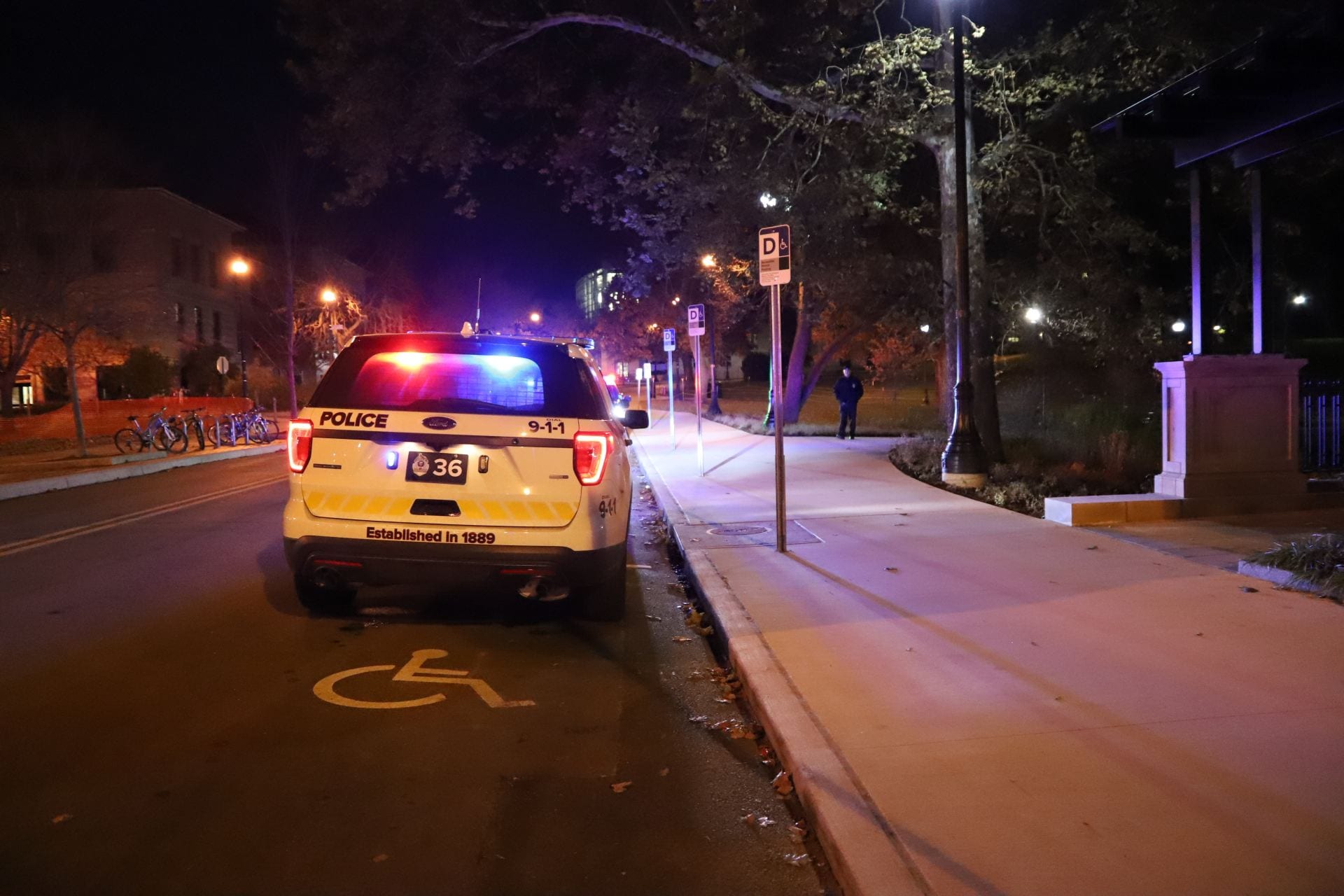This week’s campus visit by members of the Westboro Baptist Church presents an opportunity for a discussion on tolerance. On the same day Ohio State hosted members of that congregation, The Lantern ran a column arguing that certain student organizations at OSU ought to be able to continue to discriminate based on religious beliefs, a question that comes before the Council on Student Affairs this month.
To give some background, this controversy dates back to the 2003-2004 school year. At the time, a Christian group at the law school threatened to sue OSU if it wasn’t exempted from the university’s nondiscrimination policy for student organizations. The threat was part of a nationwide campaign by that group’s parent organization to force universities to alter their policies.
Specifically, the group wanted the right to exclude students who didn’t follow its beliefs regarding homosexuality and premarital sex, which would not have been allowed under university policy at that time. OSU’s notoriously risk-averse bureaucracy acquiesced to the group’s demands because the administration desperately wanted to avoid a lawsuit.
However, the University of California-Hastings forced the issue up to the Supreme Court, and the subsequent ruling this summer stated that public universities were free to enforce antidiscrimination polices of their choosing.
Freed from legal concerns, OSU is again confronted with the principle of the issue — whether religious organizations should be granted a greater degree of selectivity when it comes to membership.
The arguments for allowing a limited level of discrimination seem quite reasonable on the surface. After all, what business does the university have in dictating acceptable religious beliefs to its students? That seems like an obvious violation of a First Amendment right.
The issue, however, is less about the specific beliefs of any one group and more about fundamental fairness to all students. Registered student organizations are eligible for numerous benefits, including up to $3,000 annually in programming funds. That money comes directly from the Student Activity Fee, which is mandatory for every undergraduate, graduate and professional student.
Allowing religious discrimination opens the door to numerous unsavory scenarios. Why should any students have to pay fees every quarter knowing that a portion will be going to support groups they’re barred from joining for factors beyond their control?
If the Muslim Student Association took an extreme interpretation of Islam (it doesn’t) and removed or restricted its female members, would we be comfortable forcing women at OSU to pay to support those practices? I doubt it, but under current policy there wouldn’t be much OSU could do about it.
We should never take steps that prevent students from exercising their right to freely associate with others who share their religious beliefs, even if those beliefs seem objectionable to the majority. That doesn’t mean the university should give such groups a pat on the back and a $3,000 check made out to cash.
Most of us couldn’t care less if groups of students want to get together on their own time to practice a religion that discriminates against others. Personally, I’d happily defend their right to do so. But, on behalf of those who might find themselves on the outside looking in, I have one message: Don’t force the rest of us to pay for it.


